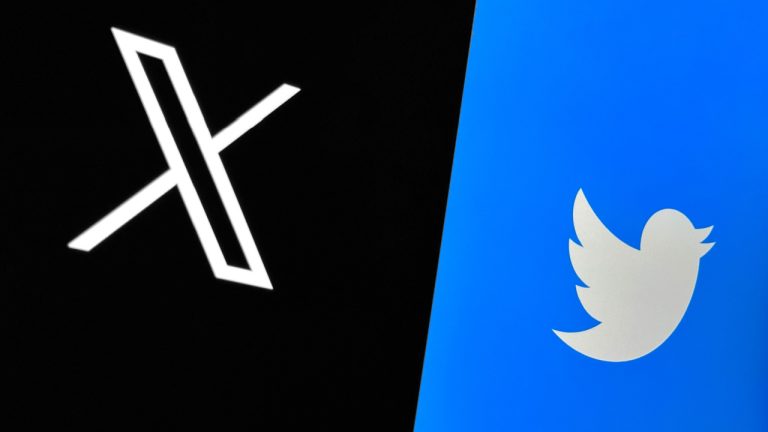Going Crypto Makes Sense for Elon Musk’s X

While X, the platform formerly known as Twitter, has made a turn to share some of its earnings with its users, the lack of a genuinely universal payment method – like crypto – means users of countries such as Russia and Venezuela are excluded from getting these benefits, disrupting Elon Musk’s intentions of incubating a global content ecosystem.
Elon Musk’s X Seeks to Open an ‘Entire Financial World’
While the acquisition and transition of X, the platform formerly known as Twitter, to the hands of Elon Musk, tech visionary, and eccentric millionaire, has not been without its hiccups, it’s undeniable that Musk’s vision has changed the direction of the company – for good or otherwise, depending who you ask to. The legacy Twitter, commandeered by Jack Dorsey, felt like more of a traditional Nasdaq-listed company with processes carried out by company employees, and users were separated from it.
Musk has tried to scrap this notion, having a more close-to-the-user approach and introducing the idea of rewarding content providers with part of the revenue received by the company using this content as the hook. This is nothing new, as monetization has been implemented widely in the content industry; however, X seems to want to do it in the most universal way possible.
This is evidenced by the renewed requirements that users wishing to benefit from this plan need to fulfill, which have been lowered recently with the idea of getting more people to benefit from the program.
Using a Legacy Payment System
However, Musk’s ambition of making X’s users able to “conduct their entire financial world” and X’s “effort to help people earn a living directly on Twitter” crash with the reality of using legacy payment rails to distribute gains. At the time of writing, Twitter only allows users to receive these earnings by using a Stripe account, a U.S. and Dublin-based payments processor.
This limits the reach of X’s programs to only the 45 countries where the company is available, leaving users of countries like Russia – which is facing economic sanctions from Western countries – and developing or excluded nations like Venezuela outside of the scope of these.
This does not have to do with X launching its own cryptocurrency – in fact, Musk has outright denied this will ever happen – but using cryptocurrency payment rails based on low-fee tokens or even U.S. dollar-pegged stablecoins while still following compliance and tight KYC procedures could be the solution to keep expanding the platform’s user base.
At the same time, X could also accept these same cryptocurrencies for paying for advertisements and premium memberships, allowing these same users to invest in getting more reach for their content, generating a circular economy out of these activities.
What do you think about X’s current monetization and payment practices? Tell us in the comments section below.

